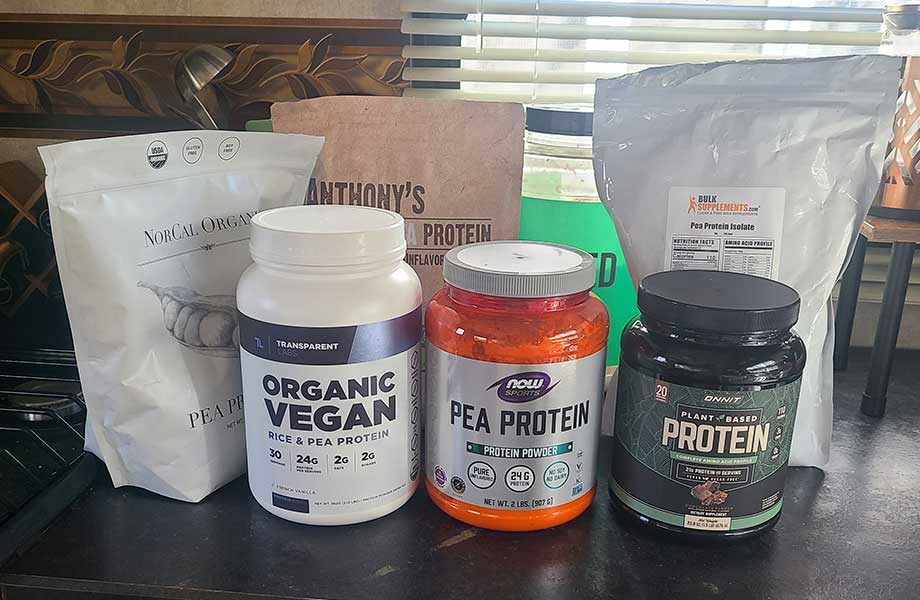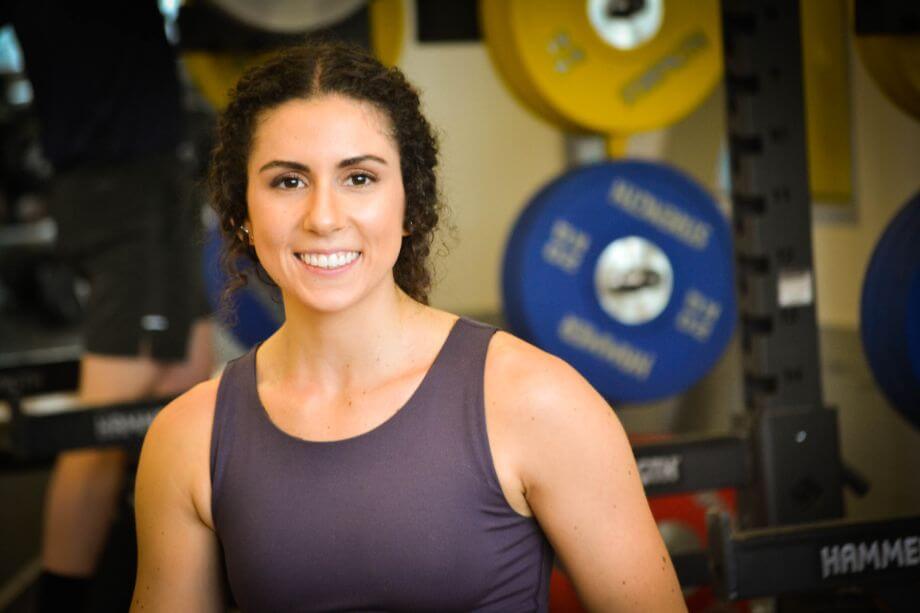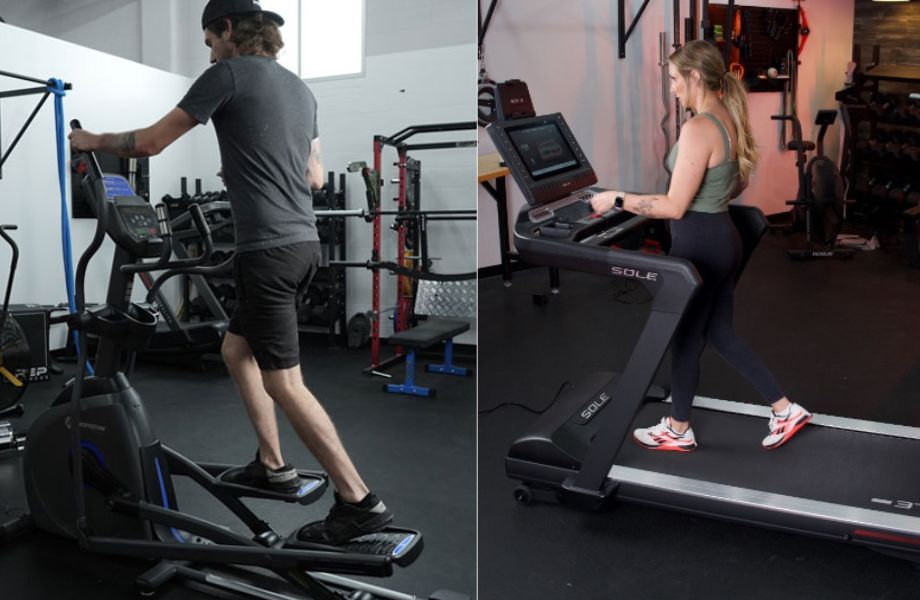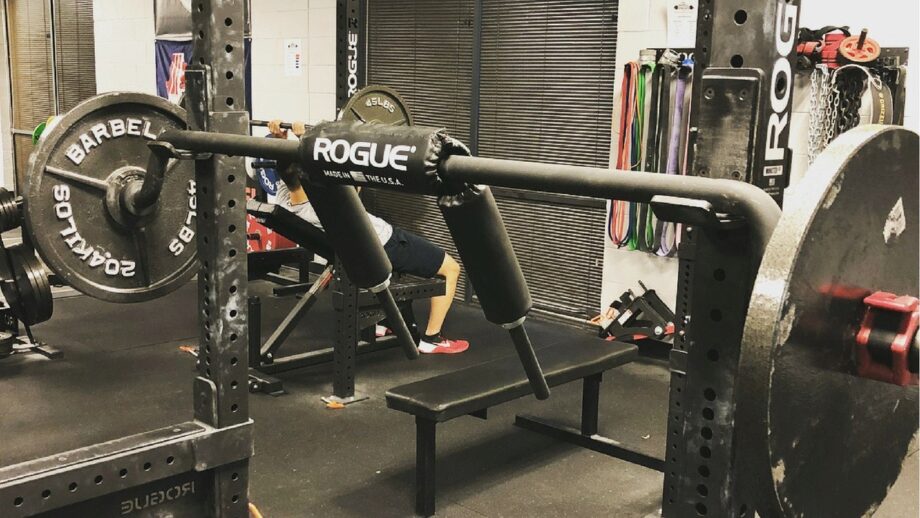Taking a protein supplement, especially a protein shake or protein powder, is an easy, convenient, and relatively inexpensive way to significantly increase your daily protein intake.
You may have heard that plant-based protein is inferior to animal-based protein sources due to essential amino acid content, or lack thereof. Yes, the source of protein you take does matter on some levels, but is it as important as you think?
RELATED: Best Protein Powder
In this guide to pea protein vs whey protein, I—with input from Destini Moody, RD, CSSD,LD—will take a detailed look at two popular types of protein powder, one plant-based and one derived from milk, to find out if one is truly better than the other.
Medical disclaimer: This article is intended for educational and informational purposes only. It is not intended as a substitute for medical advice. For health advice, contact a licensed healthcare provider.
What Is Whey Protein?
Whey protein is a type of protein powder derived from dairy milk. It’s a byproduct of the cheesemaking process, during which milk curds are separated from liquid. The liquid whey is then pasteurized, concentrated, isolated, and dried.
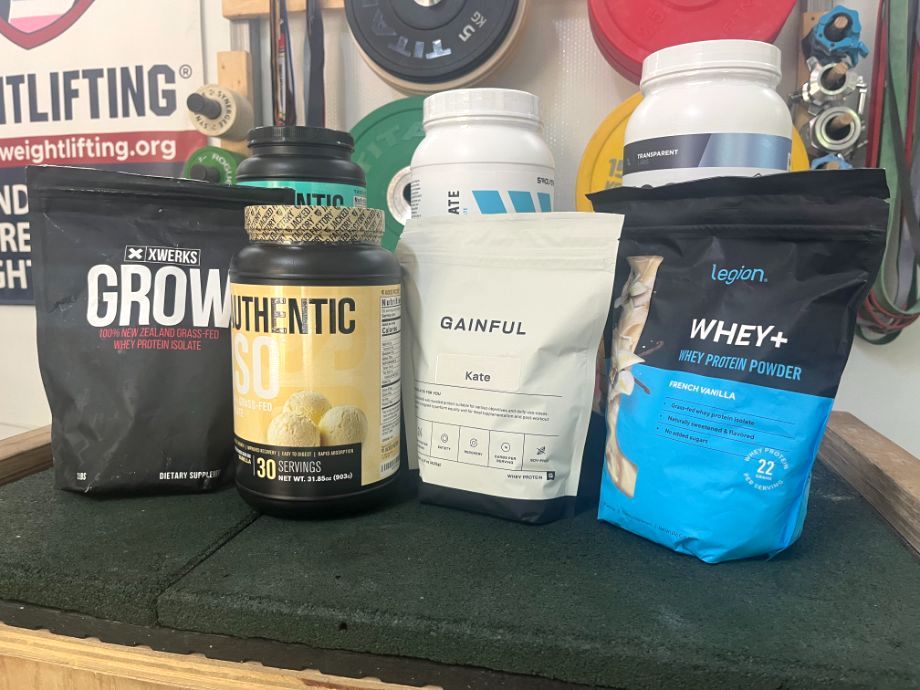
There are three main types of whey protein: concentrate, isolate, and hydrolysate (or hydrolyzed whey).
According to registered dietitian Destini Moody, the main difference between these types of whey protein powder is the protein content by weight. Whey protein concentrate is about 80% protein by weight; whey isolate is about 95 to 97% protein by weight; and hydrolysate is at least 80% protein by weight.
Many of the best whey protein supplements contain a blend of different types of whey, but the most high-quality protein options are typically 100% whey protein isolate.
What Is Pea Protein?
Pea protein powder is created from legumes, specifically yellow split peas. It is typically present as pea protein isolate, although you might see it present as a concentrate in some pea protein supplements. The same concept applies here: concentrate is lower in protein by weight compared to isolate. Like whey protein, pea protein is mechanically processed. The shells are removed and the peas are milled into a flour; then, the other nutrients in peas, such as starches and sugars, are filtered out. Finally, the pea protein is distilled into what is sold as pea protein powder.
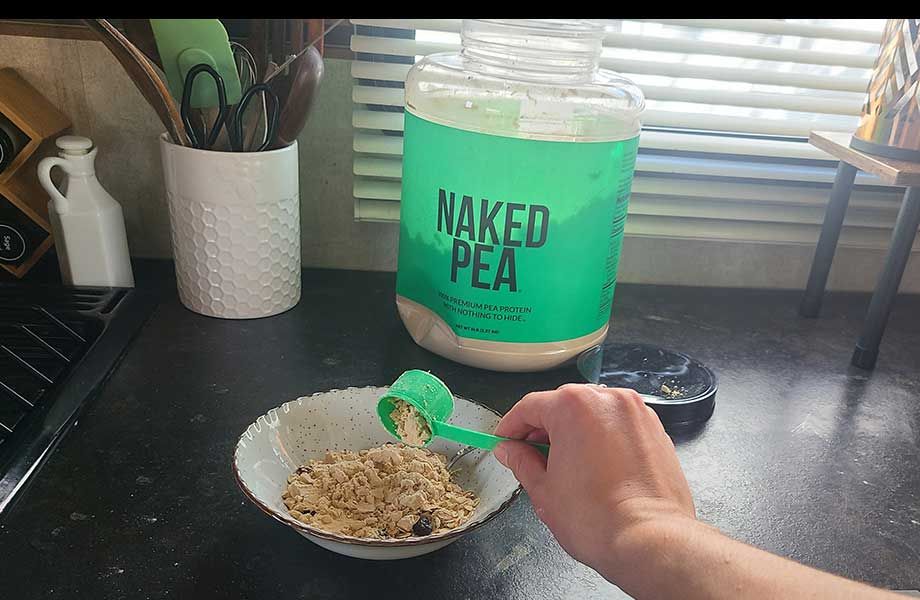
Pea protein is sometimes mixed with other plant protein powders to create a more complete protein. (While peas do contain all essential amino acids, they are low in one, which we will discuss more later.)
Pea Protein vs Whey Protein: Key Similarities
Despite coming from completely different food sources, pea protein and whey protein do have some similarities. For example, among supplements, both types generally provide 20 to 30 grams of protein per serving.
RELATED: High-Protein Foods to Add to Your Diet ASAP
Complete Proteins
Technically, both pea and whey protein are complete proteins, meaning they provide all of the “building blocks” of protein, aka amino acids.
But there is a caveat: plant-based proteins made solely from peas are typically low in the amino acid methionine1, one of the nine essential amino acids. The good news is that rice is high in methionine, so Destini suggests that vegetarians and vegans opt for a protein powder that contains a blend of rice and pea protein, which produces a supplement with an amino acid profile similar to whey. Combining the two proteins also improves the flavor compared to pea protein on its own.
RELATED: Best Vegan Protein Powder
Allergens
Both types of protein powder are gluten-free and soy-free, unless they are mixed with other ingredients that make the powder as a whole unsuitable for people with those dietary restrictions.
Health Benefits
Pea and whey protein both provide an array of fitness and health benefits, as any type of protein powder can increase the rate of muscle growth, help you lose weight by way of regulating appetite, and aid in the muscle recovery process. You can read more about the benefits of protein in our full guide.
Uses and Preparation
Both types of protein can be used in smoothies, for baking or cooking (such as mixing into an omelet or pancakes, depending on the flavor of the powder), or mixed with plain water or another liquid. No matter which you choose, you’ll get a versatile (and convenient) supplement to increase your daily protein intake when you need a break from your six to eight ounces of chicken breast.
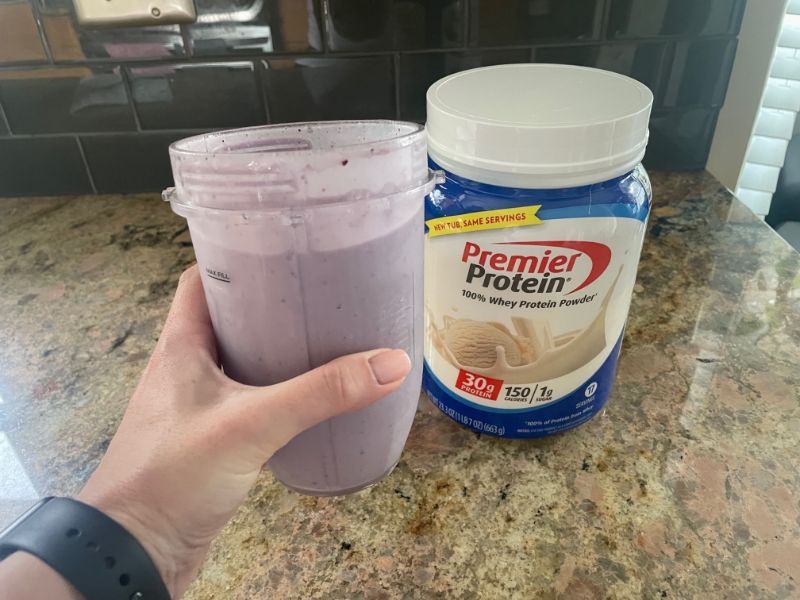
RELATED: Best Protein Powder for Smoothies
Additional Ingredients
Sometimes, in either type of protein powder, you will find additional ingredients such as digestive enzymes, probiotics, added amino acids, sweeteners, flavor agents, thickening agents, emulsifiers, or anti-caking agents. If you have any dietary restrictions, it’s important to check and double-check the ingredients list to make sure you won’t experience any adverse reactions.
Pea Protein vs Whey Protein: Key Differences
While there are a few similarities between pea protein and whey protein, there are at least as many differences.
Amino Acid Profile
Firstly, the amino acid profile differs in that pea protein is low in the essential amino acid methionine1. That’s why it’s commonly recommended to mix pea protein with another plant-based protein powder, such as brown rice protein or soy protein.
RELATED: Best BCAA Supplements
Additionally, whey protein contains more branched-chain amino acids (leucine, isoleucine, and valine) than pea protein. (BCAAs are very important for muscle protein synthesis, the process by which your body increases muscle mass).
Allergens
Secondly, and very importantly, whey protein is a derivative of cow’s milk, and it may not be suitable for people with lactose intolerance, even if the marketing language claims that it is. In many whey isolate products, enough filtration has occurred that the powder is suitable for people with minor lactose sensitivities. However, if lactose is a full-blown allergen for you, it’s best to avoid whey products.
RELATED: Best Lactose-Free Protein Powder
Macronutrient Profile
Pea protein has a slightly different macronutrient profile than whey. It often contains more carbohydrates, including fiber, than whey protein, though not always. Additionally, whey protein typically has slightly more protein per serving than plant-based protein sources.
Micronutrient Profile
Because the two types of protein powder come from different food sources, the micronutrient content will inevitably be different. For instance, whey protein contains more calcium seeing as it is a dairy-derived protein. Alternately, Destini points out that pea protein is richer in iron than whey.
Taste and Texture
This might be obvious, but pea protein and whey protein definitely have different tastes and textures. Whey protein tends to be very light, almost dusty-like, and mix into a very watery solution when mixed with plain water. It can be made into almost any flavor, even fruity flavors like blue raspberry. Unflavored whey, typically, is actually unflavored.
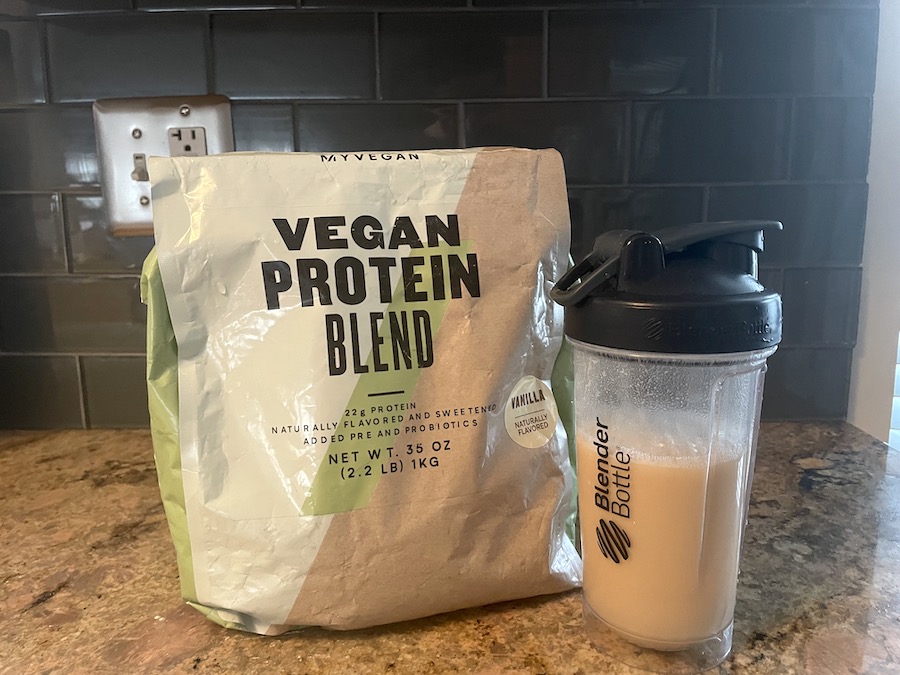
On the flip side, pea protein has a stronger natural flavor from the whole food source. Unflavored pea protein doesn’t taste unflavored; it tastes like peas, usually. It’s available in flavored options, too, but typically just the standard chocolate and vanilla.
Pea Protein Nutrition Facts
While each brand and flavor of pea protein powder will differ slightly in regard to nutrition facts, there is an expectation that a certain nutritional profile is met. Per the USDA2, here’s what you should expect from a basic pea protein powder for a 20-gram serving.
| Calories per serving | 80 |
| Protein per serving | 15 g |
| Carbs per serving | 1 g |
| Fiber per serving | 1 g |
| Sugar per serving | 0 g |
| Fat per serving | 1.5 g |
| Cholesterol per serving | 0 mg |
| Sodium per serving | 230 mg |
| Calcium per serving | 58 mg |
| Potassium per serving | 21 mg |
| Iron per serving | 5 mg |
Whey Protein Nutrition Facts
Just like every pea protein powder is slightly different, so is every whey protein powder. This is complicated more by the fact that whey protein powders can include isolate, concentrate, or a mix of both.
Here are the general nutritional facts3 you can expect to find for a 100% whey protein isolate protein powder in a 20-gram serving.
| Calories per serving | 78.6 |
| Protein per serving | 17.86 g |
| Carbs per serving | 0.7 g |
| Fiber per serving | 0 g |
| Sugar per serving | 0 g |
| Fat per serving | 0.3 g |
| Cholesterol per serving | 7.2 mg |
| Sodium per serving | 32.2 mg |
| Calcium per serving | 86.4 mg |
| Potassium per serving | 110.8 mg |
| Iron per serving | 0 mg |
Pea Protein Pros and Cons
Here’s a quick look at the benefits and drawbacks of pea protein powder.
Pros:
- Plant-based protein
- From a whole food source
- Suitable for vegans and vegetarians
- Suitable for people with lactose intolerance
- Technically a complete protein
- Sometimes higher in fiber and certain micronutrients
Cons:
- Low in methionine, one of the essential amino acids
- Taste and texture can take some getting used to
- Not available in a ton of flavors
Whey Protein Pros and Cons
And here are the main positives and negatives of whey protein.

Pros:
- Mixes easily
- Available in many flavors
- Usually higher in protein than plant-based protein powder
- Contains a complete amino acid profile
- Naturally has more BCAAs than plant-based proteins
- Higher in calcium
Cons:
- Not suitable for individuals with lactose intolerance
- Not suitable for people on vegan diets
Who Should Use Pea Protein?
Pea protein powder is very popular among vegans who can safely consume supplements without violating their dietary restrictions but still getting a decent amount of amino acids in the process. Additionally, those who adhere to a plant-based diet may have a tough time meeting their dietary protein needs in general, so having a plant-based protein powder can make life much easier in this regard by filling the gaps.
RELATED: Best Lactose-Free Protein Powder
Registered dietitian Destini Moody suggests that those with lactose intolerance or dairy sensitivities may also opt for a supplement like pea that is not derived from cow’s milk, especially considering products like whey protein concentrate don’t always agree with lactose intolerance. In fact, pea protein is great for those who actively avoid common allergens in general, as legume allergies are quite rare.
Who Should Use Whey Protein?
If good and versatile taste and texture are important to you with your protein, whether it’s in a shake or a smoothie, then whey protein is likely a better option. Additionally, if you are a vegetarian, but still drink cow’s milk or eat dairy, whey protein can be another excellent source of protein that can give you some much-needed BCAAs.
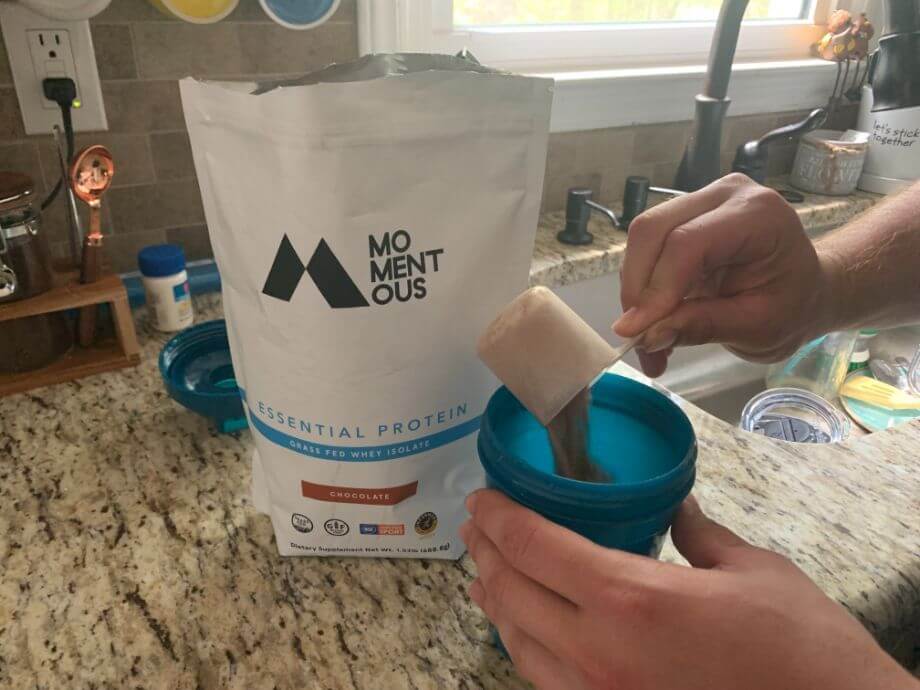
Those using protein mainly for recovery, whey is the type of protein powder you want to go with due to its ability to get amino acids to the muscle tissue faster than pea. Whey is also the type of protein you want to go with if you’re trying to build muscle mass, but don’t have any diet sensitivities or preferences, just because of its superior profile of EAAs compared to pea protein supplements.
Pea Protein vs Whey: Final Thoughts
Both types of protein powder can be used to supplement daily protein intake from whole foods. At the end of the day, it likely doesn’t matter which type of protein you choose to consume.
Take, for example, a 2019 clinical trial4 published in the journal Sports. After 8 weeks, 15 men and women who participated in a functional training program and consumed either whey or pea protein post-workout all showed similar improvements in performance, body composition, and other factors.
This was a small study, of course, but a 2020 trial5 published in the journal Nutrients had similar results—no significant differences in outcomes between whey and pea protein groups, with 92 total participants.
There is some conflicting evidence to consider as well, though. In 2023, research6 published in the journal Nutrients analyzed 47 active older adults. Participants were given either whey or pea protein and walked 20 to 30 kilometers. The study results showed that only whey protein, not pea protein, reduced markers of exercise-induced muscle damage.
In reality, there’s not enough evidence to suggest a consensus one way or another, so we recommend consuming the type of protein that works best for your dietary needs.
Pea Protein vs Whey: FAQs
Is vegan protein powder as good as whey protein?
There’s not much research directly comparing the effectiveness of vegan protein powder to whey protein powder for specific outcomes like muscle thickness, muscle size, recovery from resistance training, or strength. However, there is some research indicating that animal proteins like whey are easier for the body to absorb and use, such as this 2019 review7 in the journal Nutrients.
The most important thing, though, is to look for the total protein content and the amino acid profile. In the best protein powders, there are at least 20 grams of protein and a complete amino acid profile (all nine essential amino acids).
Can vegan protein powder help you build muscle?
Sure, vegan protein powder is becoming more popular among bodybuilders and other fitness enthusiasts who prefer not to eat animal proteins or animal-based proteins. When a vegan protein powder contains all nine essential amino acids it is, in theory, just as good as a whey or casein protein powder, according to a 2018 study1 in the journal Amino Acids.
Is it harder to bulk as a vegan?
Some people who follow a vegan diet have trouble eating enough protein each day. Without enough daily protein, yes, it can be really difficult—or impossible—to put on a lot of muscle mass. However, regardless of diet type, if one consumes adequate protein and amino acids each day, muscle tissue will grow in conjunction with a well thought-out resistance training program.
These statements have not been evaluated by the Food and Drug Administration. This product is not intended to diagnose, treat, cure, or prevent any diseases.
References
- Gorissen SHM, Crombag JJR, Senden JMG, et al. Protein content and amino acid composition of commercially available plant-based protein isolates. Amino Acids. 2018;50(12):1685-1695. doi:10.1007/s00726-018-2640-5
- U.S. Department of Agriculture (USDA). FoodData Central. Pea Protein Isolate.
- U.S. Department of Agriculture (USDA). FoodData Central. Whey Protein Isolate.
- Banaszek A, Townsend JR, Bender D, Vantrease WC, Marshall AC, Johnson KD. The Effects of Whey vs. Pea Protein on Physical Adaptations Following 8-Weeks of High-Intensity Functional Training (HIFT): A Pilot Study. Sports (Basel). 2019;7(1):12. Published 2019 Jan 4. doi:10.3390/sports7010012
- Nieman DC, Zwetsloot KA, Simonson AJ, et al. Effects of Whey and Pea Protein Supplementation on Post-Eccentric Exercise Muscle Damage: A Randomized Trial. Nutrients. 2020;12(8):2382. Published 2020 Aug 9. doi:10.3390/nu12082382
- Spoelder M, Koopmans L, Hartman YAW, et al. Supplementation with Whey Protein, but Not Pea Protein, Reduces Muscle Damage Following Long-Distance Walking in Older Adults. Nutrients. 2023;15(2):342. Published 2023 Jan 10. doi:10.3390/nu15020342
- Berrazaga I, Micard V, Gueugneau M, Walrand S. The Role of the Anabolic Properties of Plant- versus Animal-Based Protein Sources in Supporting Muscle Mass Maintenance: A Critical Review. Nutrients. 2019;11(8):1825. Published 2019 Aug 7. doi:10.3390/nu11081825


